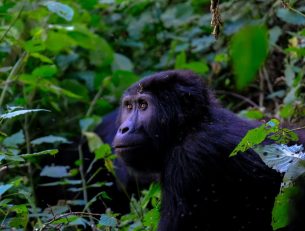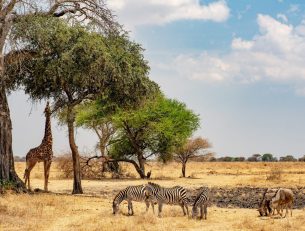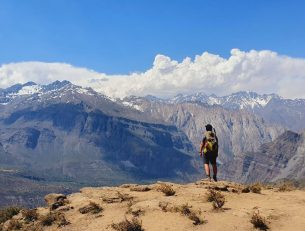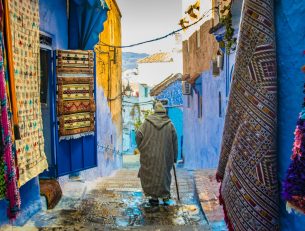From urban revolutionaries to wilderness wanderers, Black environmentalist voices have been at the forefront of environmental and social justice movements for generations. As we celebrate these incredible pioneers in sustainability, let’s explore how their work continues to shape the way we think about responsible travel.
The Visionaries Reshaping Our World
Wangari Maathai: The Tree of Life
When we think of environmental activism in Africa, Wangari Maathai’s name shines brightly. This remarkable Kenyan activist and Nobel Peace Prize laureate founded the Green Belt Movement, showing us how environmental conservation and community development can grow together, just like the millions of trees her movement planted.
Rue Mapp: Breaking Barriers in the Great Outdoors
Through Outdoor Afro, Rue Mapp has created a powerful network that encourages Black people to explore and connect with nature. Her work reminds us that the great outdoors belongs to everyone, and that conservation starts with building personal connections to the natural world.
Majora Carter: Greening Urban Spaces
From the streets of South Bronx emerges one of urban sustainability’s most powerful voices. Majora Carter’s work with Sustainable South Bronx proves that green infrastructure isn’t just about environmental health – it’s about community wellbeing. Her vision for urban renewal shows travelers how city tours can embrace both ecological consciousness and social justice.
John Francis: The Man Who Walked the Earth
Imagine giving up motorized transport for 22 years and walking across two continents. That’s exactly what John Francis, known as “The Planetwalker,” did. Even more remarkably, he maintained silence for 17 of those years. His extraordinary journey teaches us about the power of slow travel and mindful exploration of our planet.
Leah Thomas: Intersectional Environmentalism
Known as “Green Girl Leah,” Thomas brings fresh perspective to environmental justice through her platform, Intersectional Environmentalist. Her message is clear: true sustainability must consider both environmental and social justice. For travelers, this means thinking about how our journeys can support both local communities and ecological preservation.
Making a Difference: Our Local Heroes
At Not in the Guidebooks, we’re proud to work with Black hosts who embody these principles of sustainable and responsible travel. Meet some of our inspiring partners:
Uganda’s Cultural Bridge-Builders
Byaruhanga Michael and Lesley Harris don’t just show visitors Uganda – they create meaningful connections between travelers and local communities. Their work supports community-led black tourism initiatives, from farm visits to homestays, ensuring tourism benefits flow directly to local people while providing authentic cultural experiences.
Tanzania’s Sustainable Safari Pioneer
Joseph Renju brings Tanzania’s magnificent landscapes and rich cultural heritage to life through responsible tourism practices. His team specializes in crafting immersive experiences that protect both the environment and local communities, from wildlife safaris to Kilimanjaro treks.
Looking Forward
The legacy of these Black environmentalists reminds us that sustainable travel is about more than just reducing our carbon footprint. It’s about creating meaningful connections, supporting local communities, and ensuring that the beauty of our world remains accessible to all.
When we travel mindfully, following the example of these pioneers, we’re not just tourists – we’re part of a global movement toward a more sustainable and equitable world.
Ready to experience sustainable travel for yourself? Explore our responsible travel experiences and join us in making a positive impact on the world, one journey at a time.




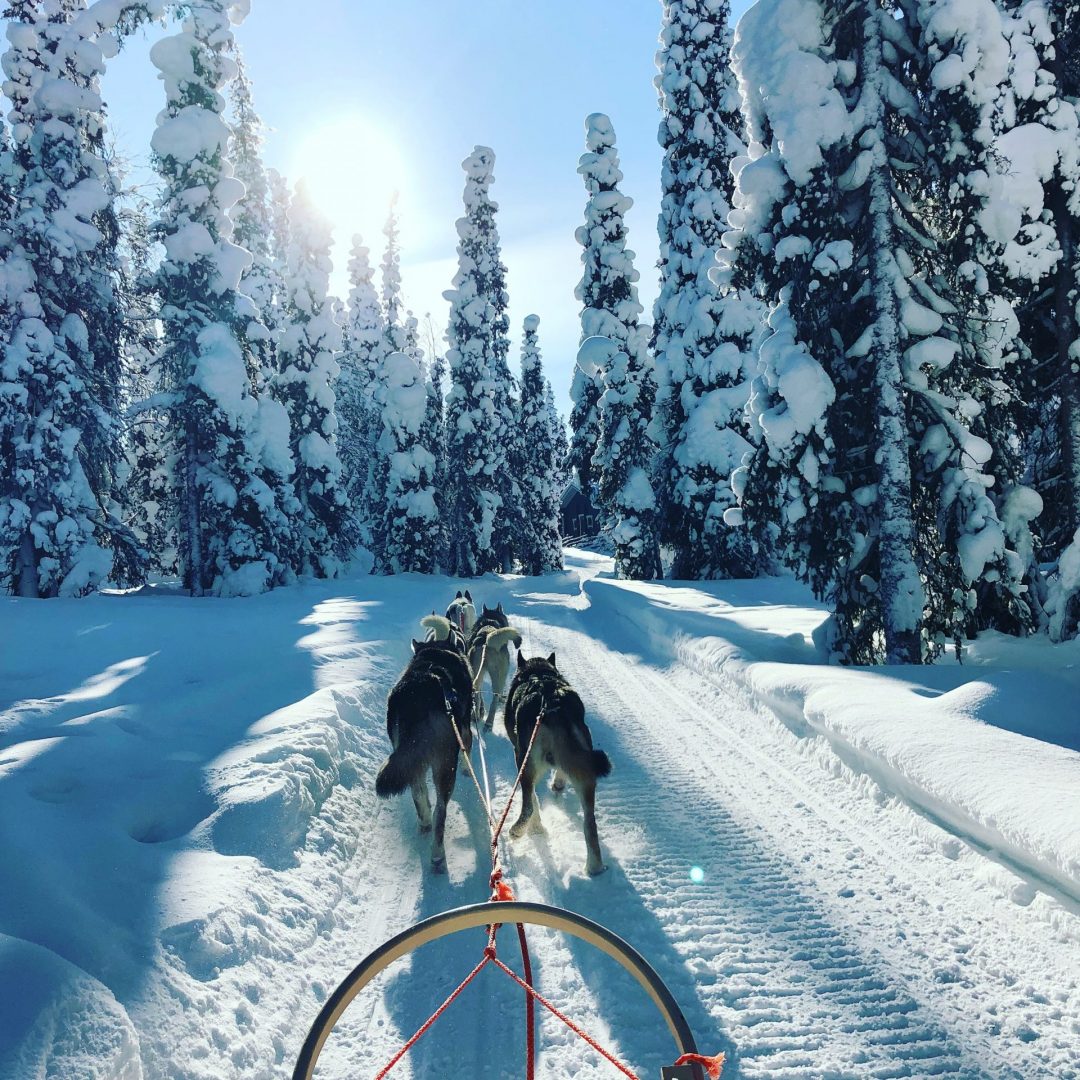
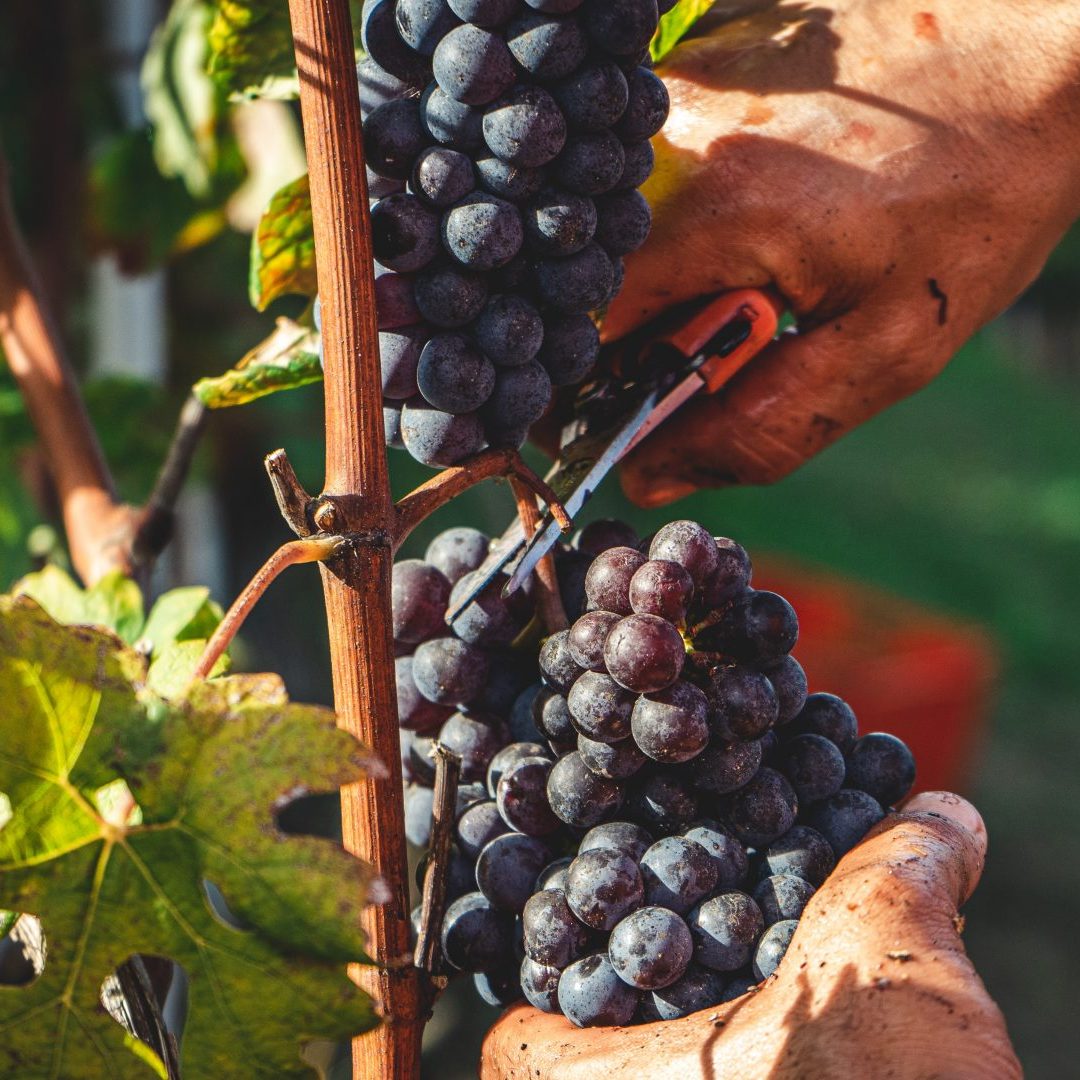
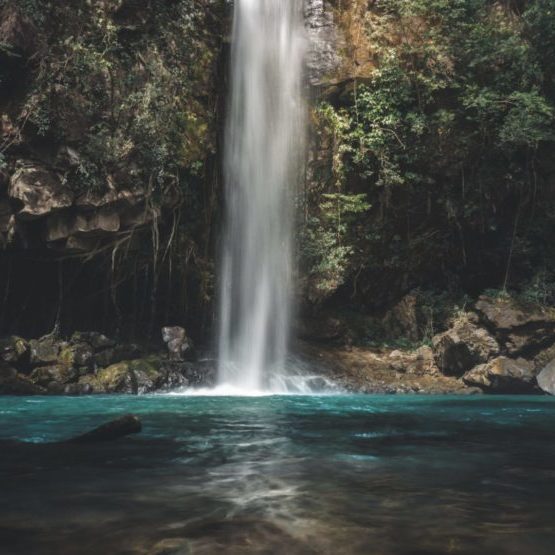
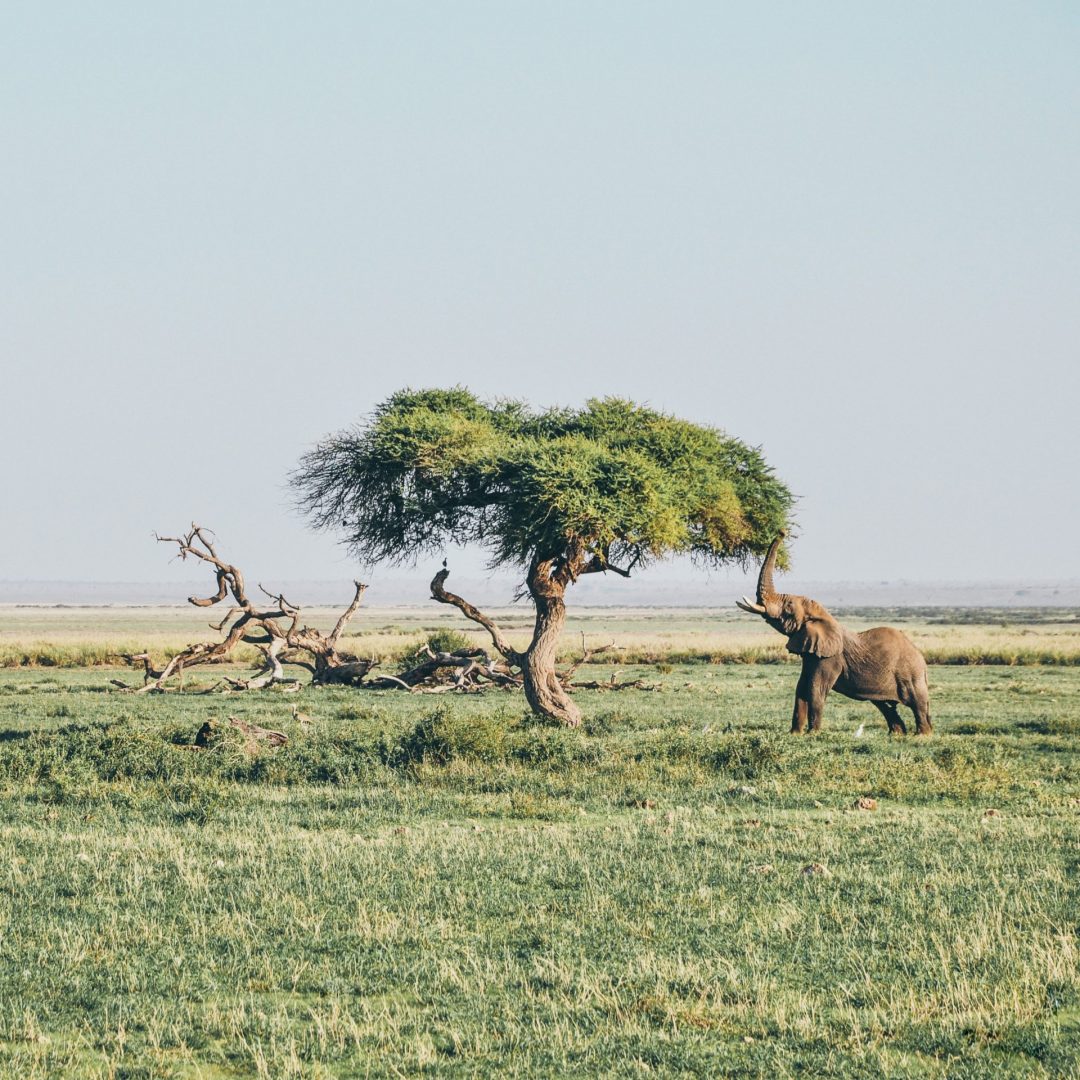
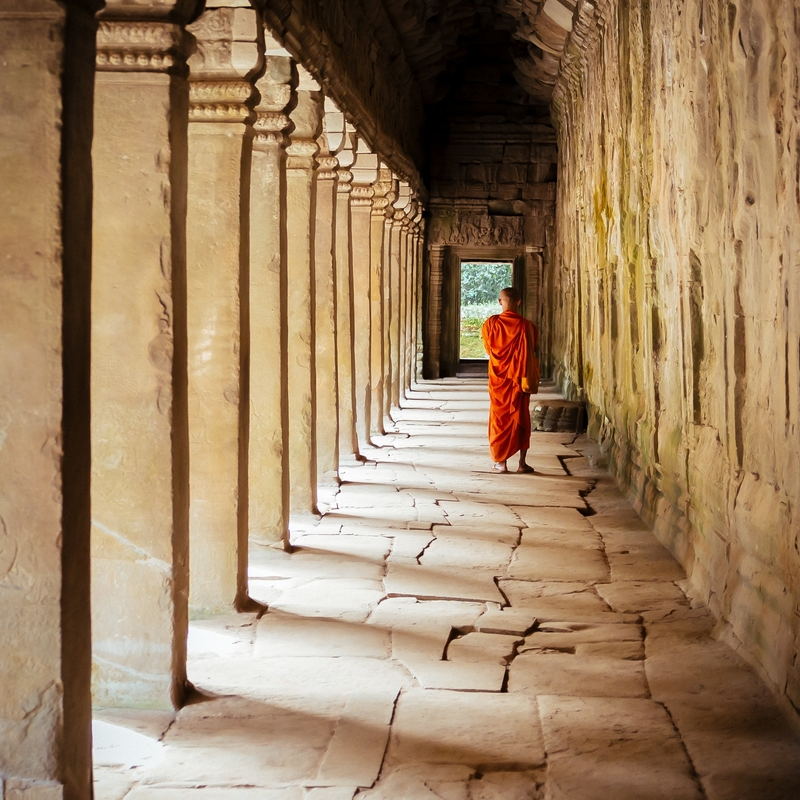
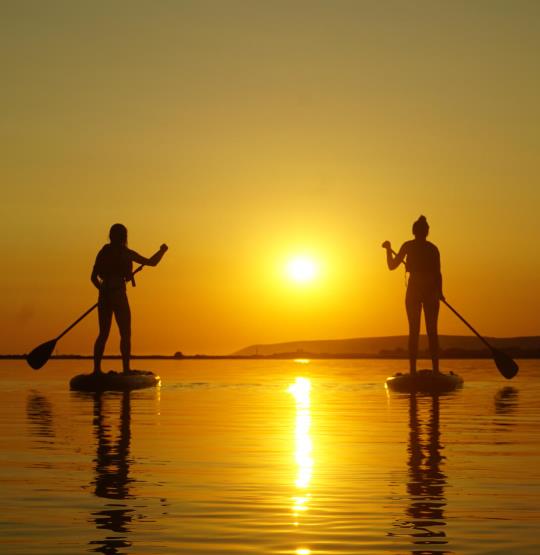
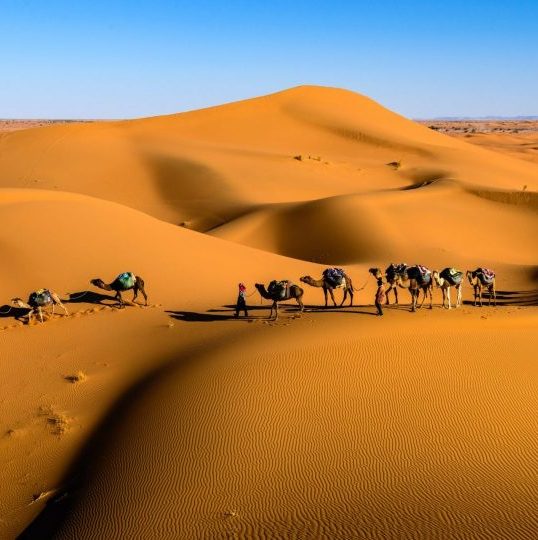
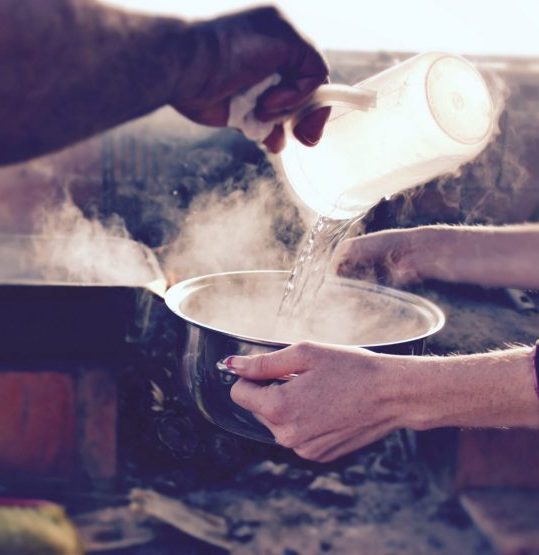

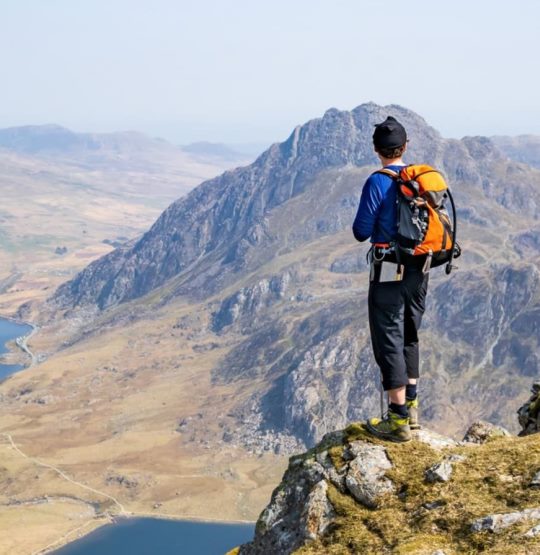
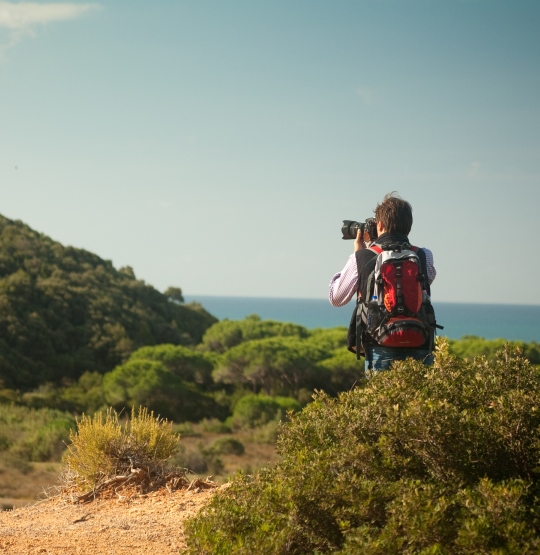
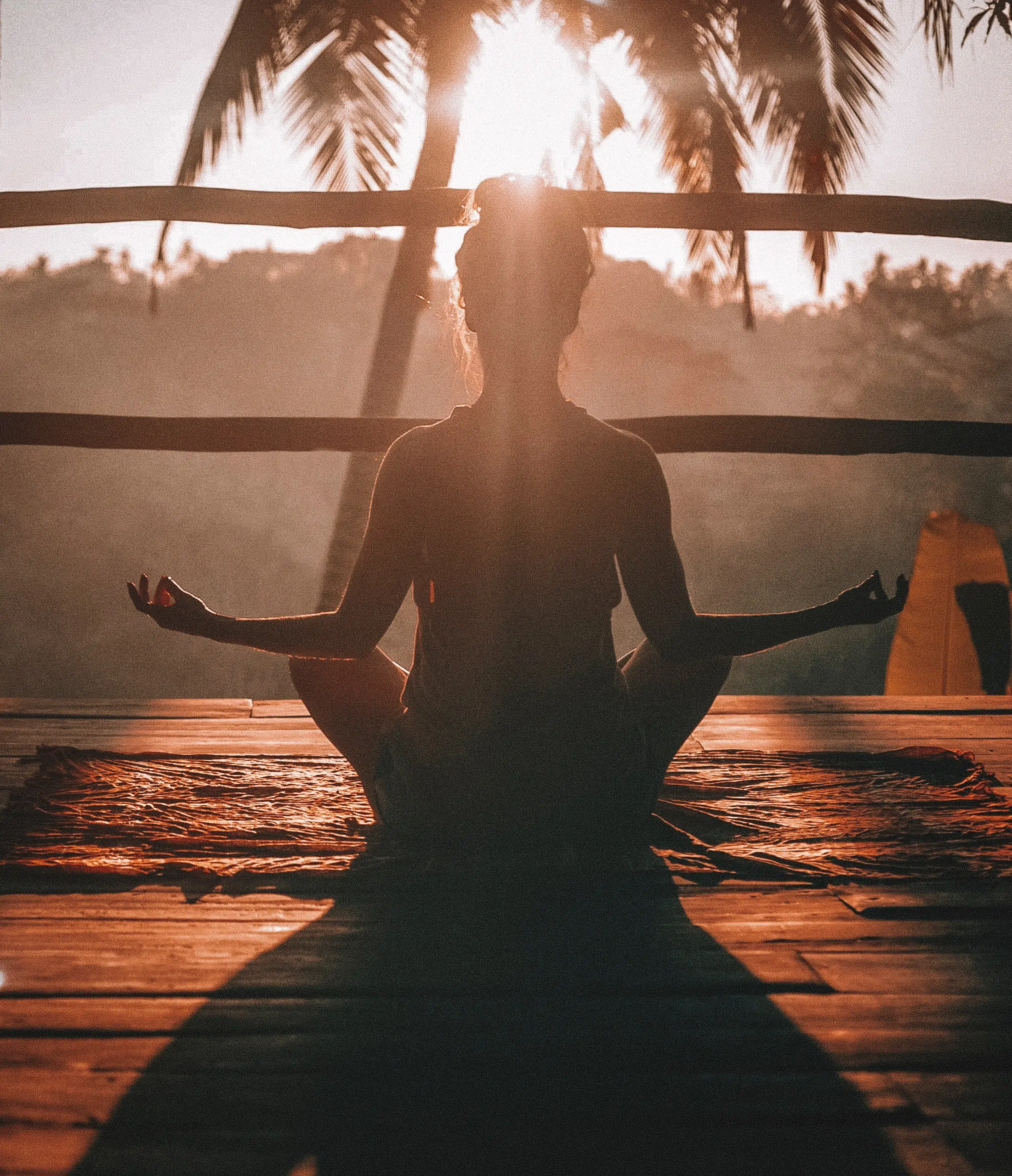
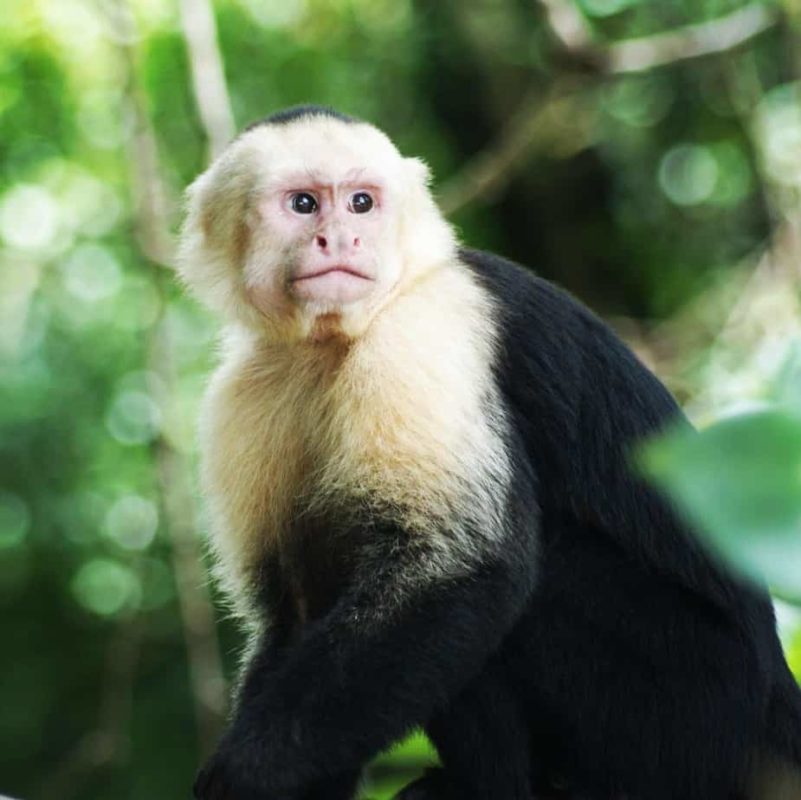
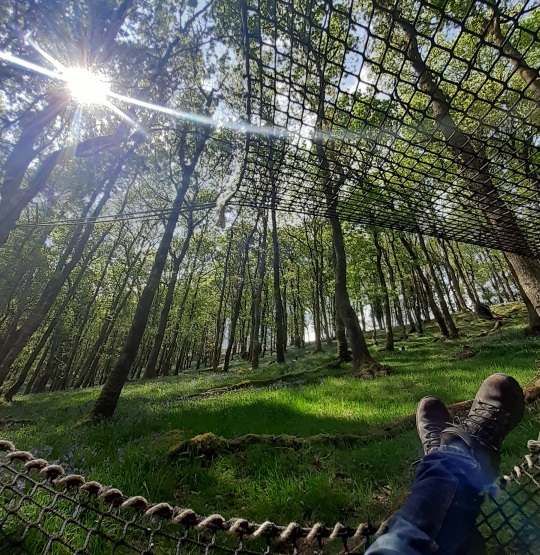







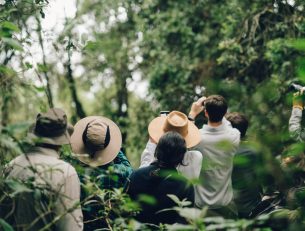
 Uganda
Uganda 